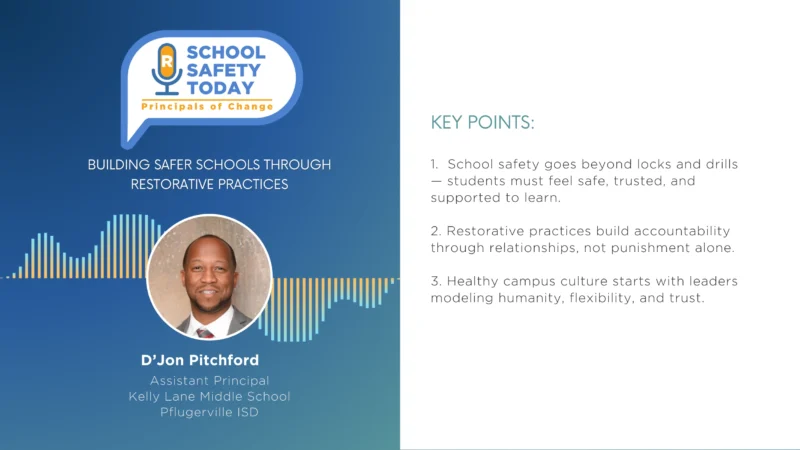Exploring the State of University Online Learning
This episode of the MarketScale Online Learning Minute featured Ray Schroeder, professor at the University of Illinois Springfield (UIS), senior fellow of the University Professional and Continuing Education Association (UPCEA) and founder of the Center for Online Learning, Research, and Service. Ray has been a pioneer of the online learning field and launched the UIS’s first online course in 1997.
Schroeder and host Brian Runo discussed the state of online learning for universities as the world faces the COVID-19 pandemic. With predictive models showing possible new surges of cases in the fall, some universities are going to continue online, while others will reopen for fall with safety precautions in place.
“Universities had about a week to suddenly transition to online learning, which is an undertaking that would normally take years. This quick transition meant that many courses lacked engagement and interactivity, as they weren’t designed for online learning,” Schroeder said.
Due to the fast shift in learning mediums, many of these courses lacked engagement, making it easy for students to drift away. While this happens in in-person classes, too, there are many possibilities when it comes to remote learning platforms.
“People can pay attention to the small screen for about 15 minutes without interaction and engagement,” Schroeder said. “There is an opportunity to take advantage of the medium with visuals and audio, but that wasn’t feasible.”
Schroeder encourages faculty and institutions to start with the objectives of building a course and using technology to help accomplish these learning outcomes. Universities can start by looking at their summer courses, most of which are online. It requires innovation, and all stakeholders collaborating to improve the online learning community.
Schroeder and Runo also chatted about what to expect from online learning in the future and how universities can prepare for education in the future.
For the latest news, videos, and podcasts in the Education Technology Industry, be sure to subscribe to our industry publication.
Follow us on social media for the latest updates in B2B!
Twitter – @MarketScale
Facebook – facebook.com/marketscale
LinkedIn – linkedin.com/company/marketscale








